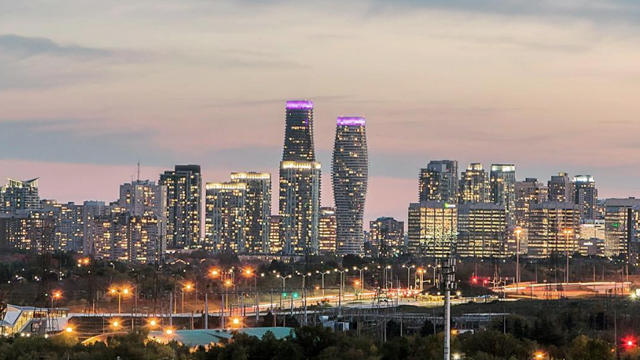Another New Tax Could be Coming to Mississauga
Published January 17, 2018 at 9:17 pm

Another new tax could be coming to Mississauga.
On November 1, 2017, the City of Mississauga approved the introduction of a Municipal Accommodation Tax (MAT) at a rate of four per cent on the purchase of short-term accommodation within the City.
In layman’s terms, it passed what is better known as the four per cent hotel tax. At the time that the tax was adopted in principle, the city said it might consider applying it to short-term accommodation rentals as well (think Airbnb).
Now it appears more likely that those who operate Airbnb units could be taxed as well.
The idea of taxing private short-term accommodations has been talked about in council, but never officially approved. The item is now on the agenda for approval. If council approves the upcoming General Committee recommendation for MAT, online private short-term accommodation platforms like Airbnb and HomeAway will also be subject to the tax come April 1, 2018.
Short-term accommodation for the tax means renting on a consistent basis under 30 days. Current examples of accommodation listed in the General Committee notes include: motels, hotels, lodges, inns, bed and breakfasts, dwelling units or any place an accommodation is provided. Taxing private renters would bring in approximately $150,000 for the City and would be included in the revenues used for tourism development.
If short-term vacation rentals are included in the MAT, this can mean more paperwork for private accommodation providers in the upcoming months.
The tax is administered on a self-reporting system, a process that hoteliers are already familiar with and is similar to the process that businesses use to remit HST to the CRA. A Municipal Accommodation Tax form will be available for accommodation providers and remitted payments must be submitted with the form every month for revenues generated the previous month.
The MAT was approved initially with an effective start date of July 1, 2018. Councillors are looking to move the start date to as early as April 1, 2018 to be in line with Toronto’s effective start date. At a hotel industry stakeholder engagement meeting in December, attendees expressed concerns over the advanced timeline.
The new tax is a result of Bill 127—The Stronger, Healthier Ontario Act (Budget Measures) 2017. The bill, which the Government of Ontario passed earlier this year, allows municipalities to charge a transient accommodations tax (or the hotel tax).
“This new revenue tool is an opportunity for the City of Mississauga to generate important funds that will be reinvested in an accountable, transparent and dedicated way toward undertaking important city-building initiatives to grow and diversify our local economy, strengthen our tourism industry and showcase our many celebrated attractions, festivals, heritage, culture and businesses” Mayor Bonnie Crombie said in a 2017 statement.
Revenues from MAT will focus specifically on increasing tourism through the Tourism Master Plan, Economic Development initiatives, tourism infrastructure developments as well as service and program initiatives.
Updates to follow.
insauga's Editorial Standards and Policies advertising





